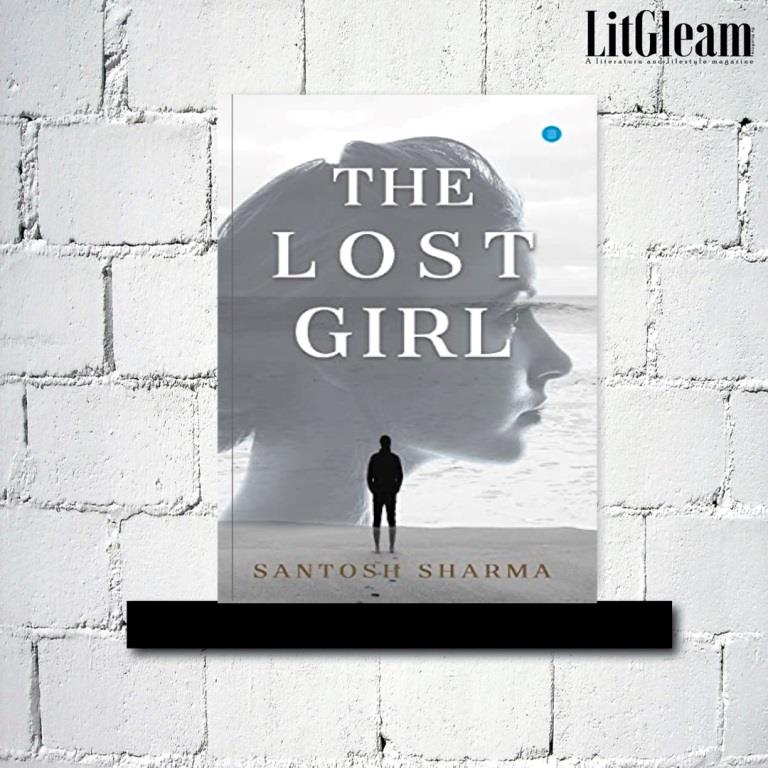“The Lost Girl” by author Santosh Sharma unfolds the themes of love and friendship. It talks about how man is the most social animal. He cannot live a solitary life and constantly seeks out people with similar mindset, interests and needs. He does this by building bonds with similar-minded people- meaning, friendship. Friendship will never go out of style or become irrelevant, as long as human beings exist. In that sense, the topic of “long lost friendships” is as relevant now as it was years ago. Globalization has made it more relevant as man has become more mobile.
There are a lot of novels written on love, because it is one of the most universal feelings which transcends geographies, social and economic strata, religious and communal constraints as well as time. The Lost Girl highlights this fact of love transcending time, more than anything. It talks about a love that stayed strong and relevant even when the lovers had no way of being together anymore. It stayed strong through the years of no contact, and became stronger on realising that it would never come to fruition because Vineeth and Rashmi had moved too far ahead in their individual lives. This book also talks about the undying love between friends, between a man and his son, besides the central love story.
The story gives hope for abandoned love to endure, to be fulfilling without ever being fulfilled. The author doesn’t mean to say that the love between Vineeth and Rashmi blossomed again when they met and their long-standing misunderstandings were resolved, because in spite of everything the love between them remained strong as ever. Vineeth’s and Rashmi’s is not a grandiose, once-in-a-generation love story with a hero, heroine and a villain. It’s an everyday love story, between two very normal people in a small town of India, like millions of others we see everyday.
The novel is dotted with everyday characters with whom readers can easily identify. They represent values of family, community, loyalty, love and sacrifice. The author agrees that the narrating style is very important to a story. There are always a lot of ways to tell a story, but how many people listen to them and stick till the end is determined by the author’s narrative style. He loves to use a first person narrative style, with juxtaposition of present and past storylines, because our mind doesn’t follow any chronological or logical order. It works on stimuli. What we think doesn’t depend on the past or the present but on the various mental, emotional, sensory stimuli that your brain gets from this time to the next. This makes his narrative style natural and organic.
Millennial readers will have a chance to see how love endures and doesn’t die. It is not dependent on any specific outcome. It is not dependent on the realization of it. Don’t ever despair, if the person you love or long for or doesn’t love you back. Be grateful for enjoying and appreciating the chance to have felt true love in your life. Love comes in various forms. Love for your family, friends, community and for your country, all the love that you feel during your lifetime should be appreciated and cherished. Because, it’s so true what they say “Love, really does make the world go round”.




